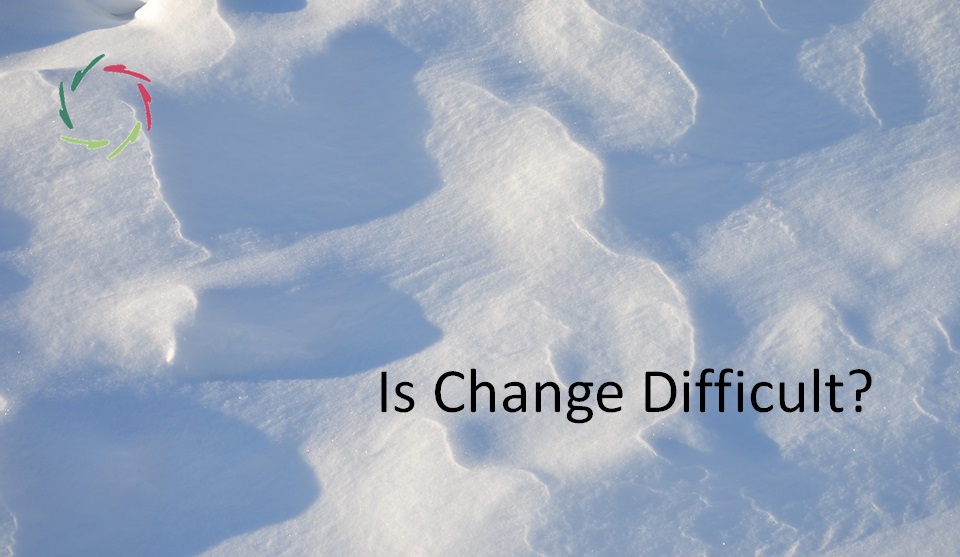‘Transference’

Transference: A deeply meaningful pattern may have developed long ago and still exert its significant influence on recent patterns even while the owner is not consciously aware of it.
It’s as if the old pattern transfers its ‘energy’ (or motivational structure) to new situations. In a way, this makes it the counterpart of inner resistance to change.
Freudian origin of the term
Sigmund Freud – in the first half of the 20th century – saw in prior patterns almost exclusively those related to parental figures. A new pattern to which the old could transfer its energy could be the person of the psychoanalyst. Freud thought that specifically this parent-to-therapist transference occurred most of the time.
I use the term transference much more broadly and indirectly ― but equally applicable without giving it much thought. Transference is, by definition, about what works non-consciously. It happens so spontaneously that most people don’t know that something is happening.
A transference is not just a memory.
The ‘energy’ of transference brings with it a deep motivation that feels to the subject as meaningfulness. This is why transference in therapy/coaching can be a powerful means for change. If well managed, this is a change from the inside out.
As usual, Freud had something right but interpreted it too conceptually from the start. Unfortunately, this way, it cannot work from the start. Even more, this naturally elicits resistance. Not surprisingly, Freud talked a lot about resistance.
The lesson: transference should be seen as an instrument of growth.
This means one should treat it cautiously. Don’t tear at it. Don’t try to change anything from the outside since this will only heighten inner resistance. Also, don’t resist a natural flow. If you resist it, you again get resistance.
On the other hand, if you can use it in a growth-oriented way, transference is just how mental-neuronal patterns behave in certain circumstances of deep overlap. It’s more of the same, only more ‘energetic.’
The psychodynamic aim of making it conscious so that one can clearly ‘see and change’ led to Freud’s temporary success since it promised a world of control to the liking of many followers. But it doesn’t work that way. Moreover, no organism wants to be controlled ― resistance again.
From childhood?
Patterns from childhood (again, not just memories) can be very energetic because they are the ones upon which subsequent patterns have been formed. Ironically, this also makes them less consciously accessible.
However, how this transference from childhood works out is very individually diverse. This way, again, growth may work, but change? I don’t think so.
Freud was not a growth person.
If he had been, he would not have been so successful from the start, but his legacy would have been much more worthwhile. Thus, I’m not a Freudian, but we shouldn’t throw away the child with the bathwater.
Out of the Feudian bathtub, transference may well be a concept that will stay forever.


